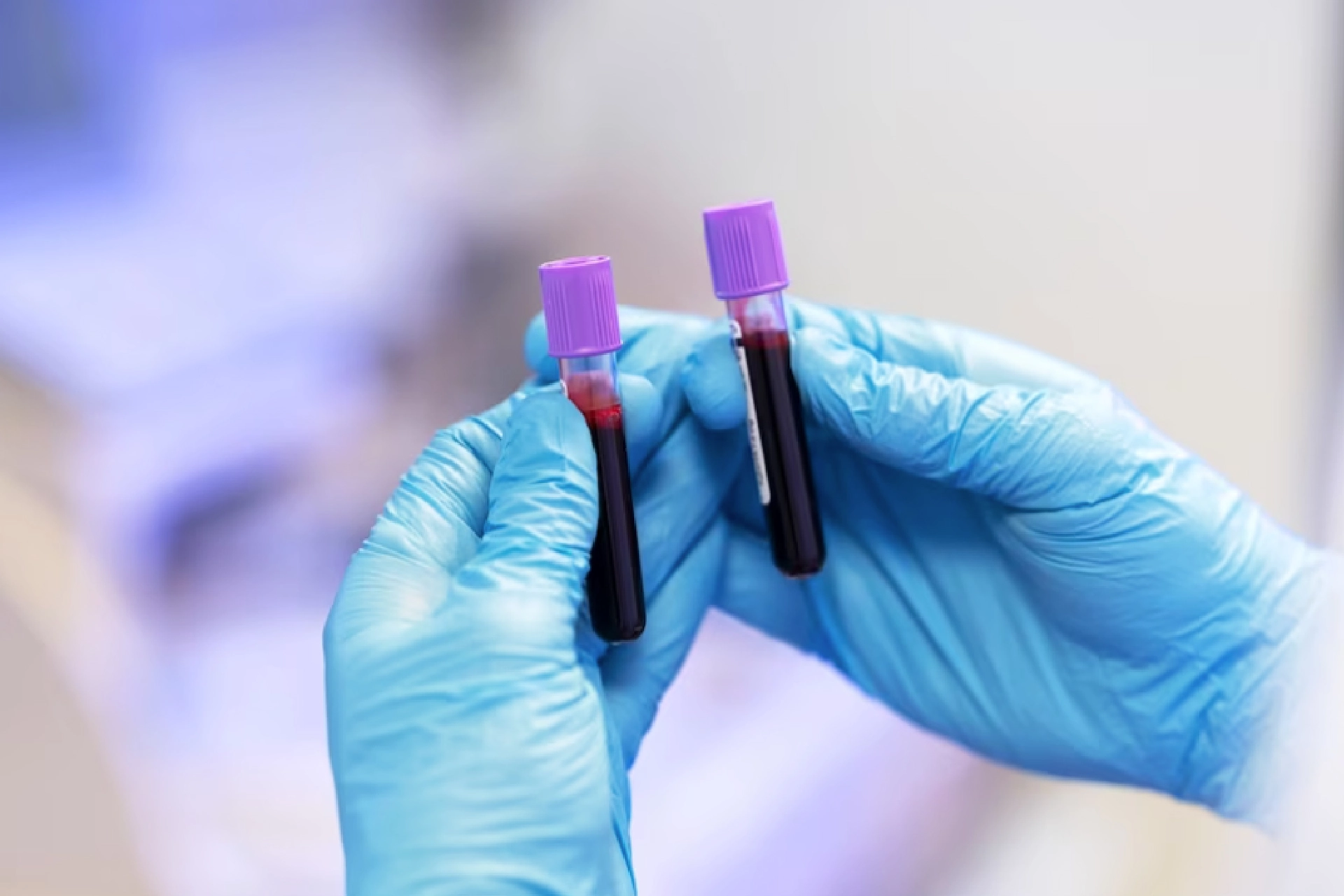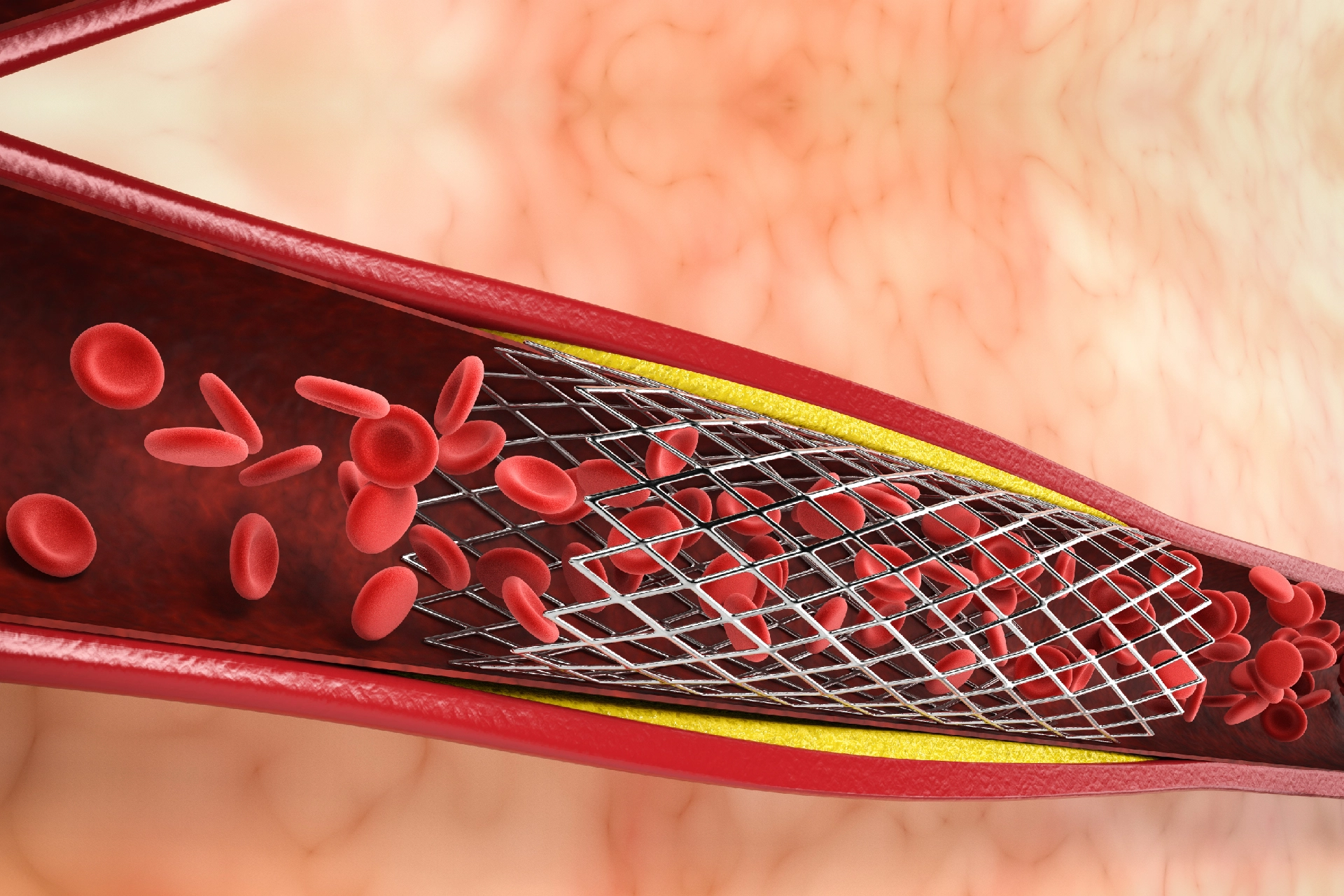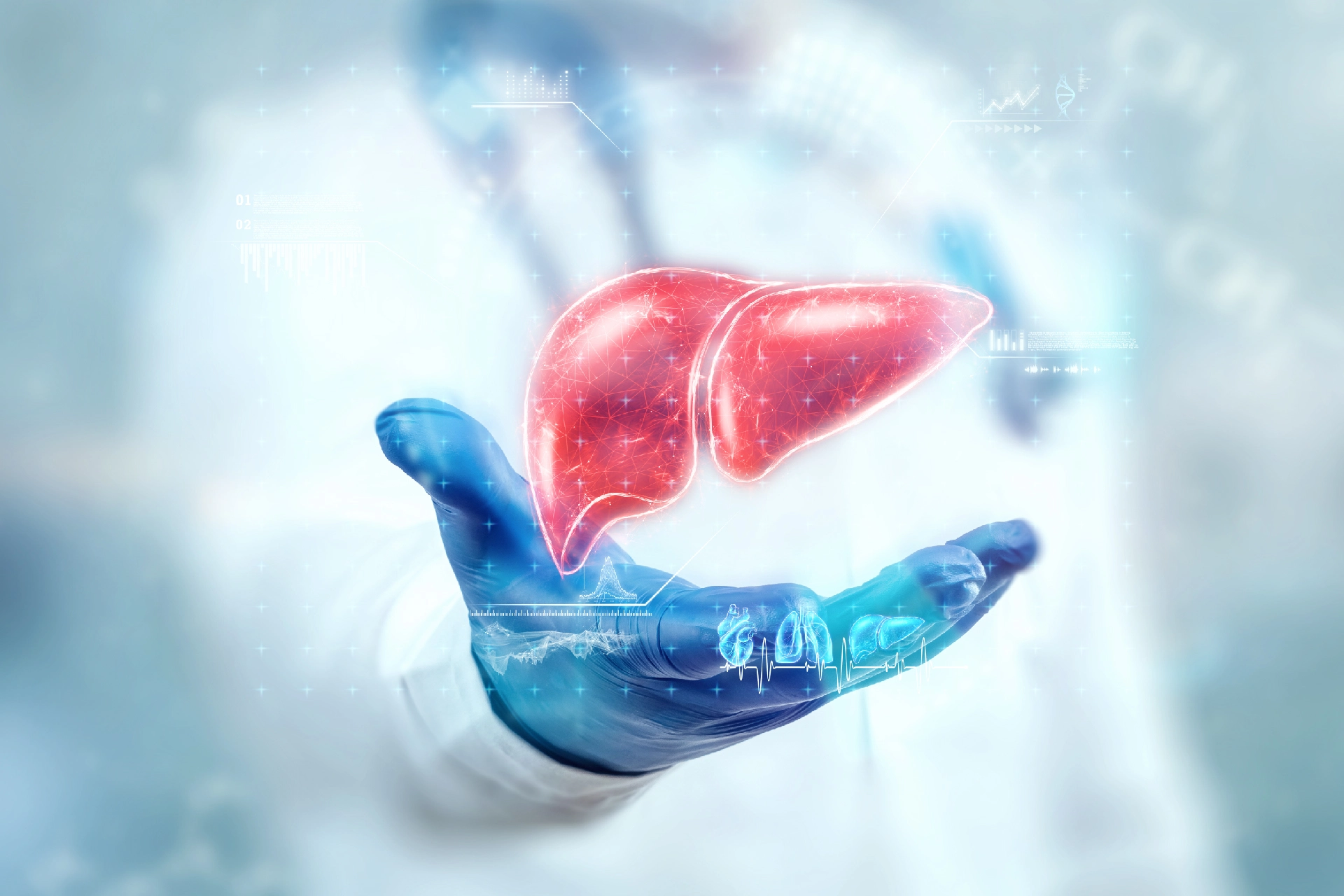Health Tests | min read
Karyotype Test: Purpose, Procedure, and Results
Medically reviewed by
Table of Content
Synopsis
The Karyotype Test is a medical test that examines chromosomes for abnormalities. It can help diagnose genetic conditions, birth defects, and some types of cancer. This blog covers its uses, types, risks, procedure, and results.
Key Takeaways
- The Karyotype Test is a medical test that examines chromosomes for abnormalities
- It can help diagnose genetic conditions, birth defects, and some types of cancer
- There are several types of Karyotype Tests, including blood, amniotic fluid, and chorionic villus sampling (CVS) tests
The Karyotype Test is a medical test that examines chromosomes for abnormalities. This test can help diagnose genetic conditions, birth defects, and some types of cancer. In this blog, we will discuss the purpose, procedure, and results of the Karyotype Test.
What is Karyotype Test?
The Karyotype Test is a test that examines the number, shape, and size of chromosomes in a sample of cells. Chromosomes are the structures in the cell nucleus that contain the DNA molecules. The Karyotype Test can help identify chromosomal abnormalities that can cause genetic disorders.
Karyotype Test Uses
To Diagnose Genetic Disorders
The Karyotype Test is used to diagnose genetic disorders, birth defects, and some types of cancer. Genetic disorders are conditions that are caused by abnormalities in the genes or chromosomes. Some examples of genetic disorders that the Karyotype Test can diagnose include Down syndrome, Turner syndrome, and Klinefelter syndrome.
To Identify Birth Defects
Birth defects are physical or developmental abnormalities that are present at birth. Chromosomal abnormalities can cause some birth defects. The Karyotype Test can help identify these abnormalities and diagnose the underlying condition.
To Diagnose Some Types of Cancers
The Karyotype Test can also be used to diagnose some types of cancer. For example, some cancer cells have abnormal chromosomes that the Karyotype Test can detect. This information can help doctors determine the best course of treatment for the patient.
Additional Read: Calcium Blood Test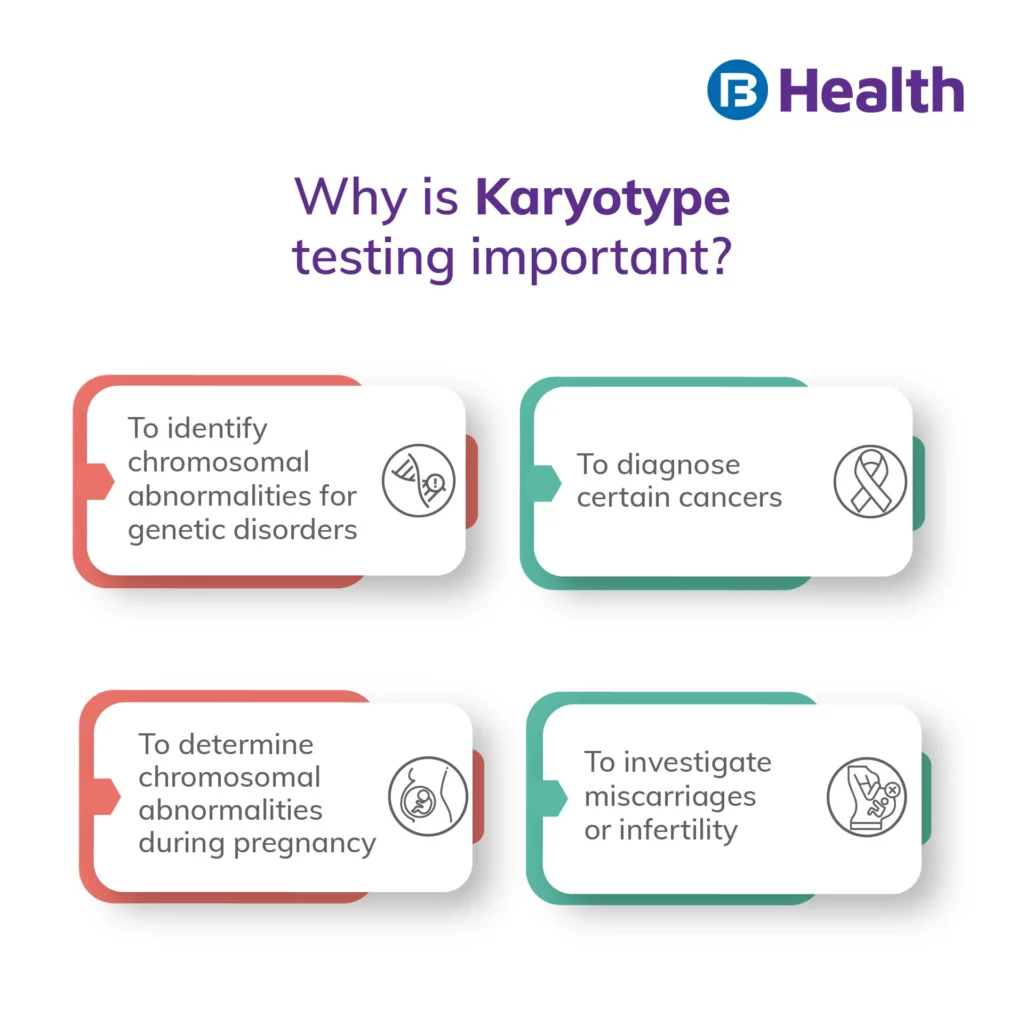
Types
There are several types of Karyotype Tests, including blood, amniotic fluid, and chorionic villus sampling (CVS) tests.
Karyotype Blood Test
Blood tests are considered to be the most common type of Karyotype Test. They involve taking a blood sample from the patient and examining the chromosomes in the white blood cells.
Amniotic Fluid Tests
They are performed during pregnancy to diagnose chromosomal abnormalities in the foetus. The test involves collecting a sample of amniotic fluid from the uterus and examining the chromosomes in the foetal cells.
CVS Tests
They are performed during the first trimester of pregnancy to diagnose chromosomal abnormalities in the foetus. The test involves collecting a sample of chorionic villus cells from the placenta and examining the chromosomes in these cells.
Additional Read: PCV Test Normal Range
Risks Involved
Like any medical test, the Karyotype Test has some risks. However, the risks associated with the Karyotype Test depend on the type of test being performed.
Blood tests are generally safe and have few risks. The most common risk is bruising or bleeding at the site from where the blood is drawn.
Amniotic fluid and CVS tests are invasive and carry a small risk of miscarriage. However, the risk of miscarriage is higher with CVS tests than with amniotic fluid tests.
Additional Read: C Peptide Test Normal Range
Karyotype Test Results
The Karyotype Test results or Karyotype analysis are usually available within 1-2 weeks after the sample is taken. The Karyotype Test results are usually available within 1-2 weeks after the sample is taken. The results of the test will indicate whether there are any abnormalities in the chromosomes. If there are no abnormalities, the result is said to be normal.
If there are abnormalities, the result will indicate the type of abnormality and its location on the chromosome. The results will be given in a format that the medical professional can understand and interpret.
The results of the Karyotype Test can help doctors determine the underlying condition causing the symptoms and may aid in diagnosing a particular genetic disorder, birth defect or cancer.
Additional Read: Anti Mullerian Hormone
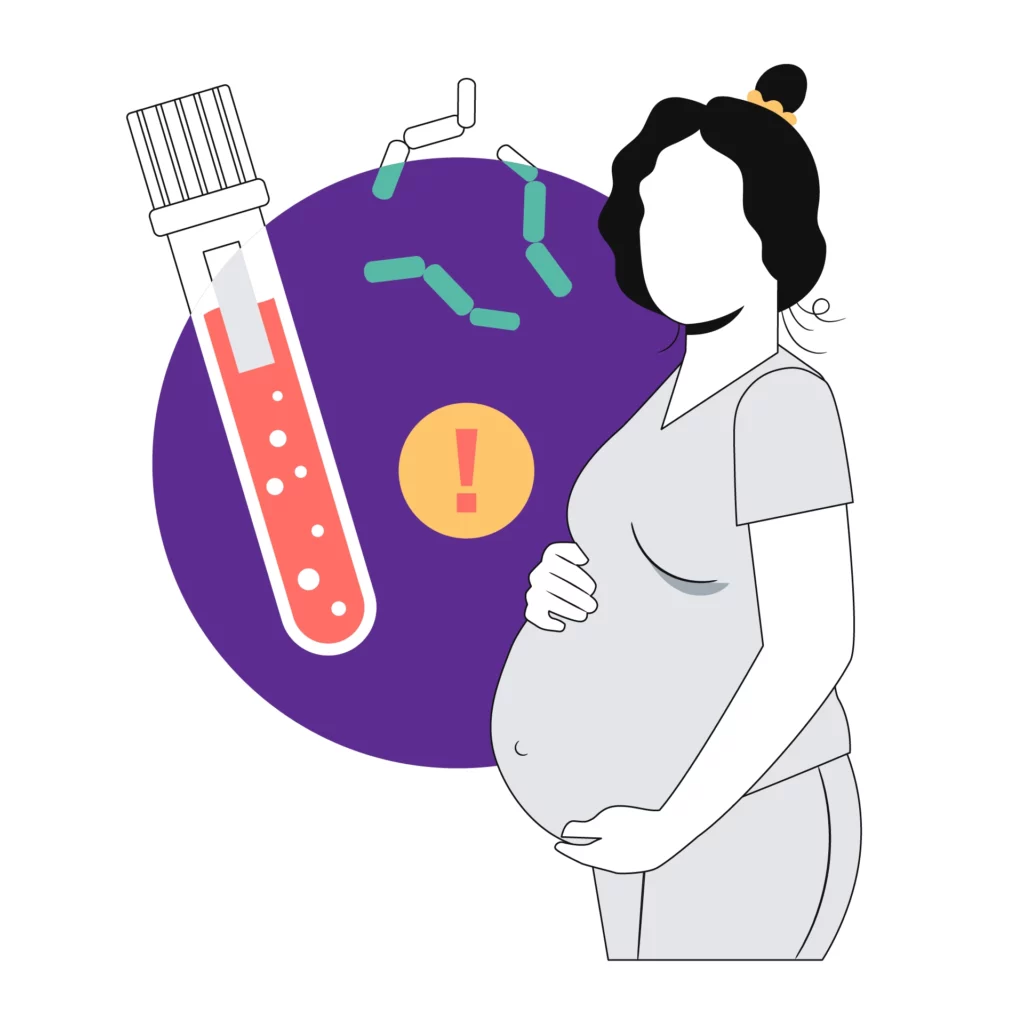
Karyotyping Test Procedure
The Karyotyping Test procedure varies depending on the type of test being performed. However, some general steps are followed during the test:
- Sample Collection: A sample of cells is collected from the patient. This can be blood, amniotic fluid, or chorionic villus cells
- Cell Growth: The collected cells are placed in a special solution that promotes their growth and division
- Chromosome Preparation: Once the cells have grown, they are stained with a special dye that allows the chromosomes to be seen under a microscope
- Chromosome Analysis: The chromosomes are examined under a microscope to identify any abnormalities
Karyotyping Test for Miscarriages
The Karyotyping Test can be used to investigate the cause of recurrent miscarriages. Recurrent miscarriages are defined as three or more consecutive miscarriages. Chromosomal abnormalities are a common cause of recurrent miscarriages. The Karyotype Test can help identify these abnormalities and may provide information to help prevent future miscarriages.
The Karyotype Test is a valuable medical test that can help diagnose genetic disorders, birth defects, and some types of cancer. The test is relatively safe, and the results can provide important information to doctors about the underlying cause of a particular condition. If you are interested in scheduling an online doctor consultation for a Karyotype Test or booking online lab tests, Bajaj Finserv Health offers these services through its website. Do not hesitate to talk to your doctor if you have any concerns about the Karyotype Test.
Frequently Asked Questions
References
Disclaimer
Please note that this article is solely meant for informational purposes and Bajaj Finserv Health Limited (“BFHL”) does not shoulder any responsibility of the views/advice/information expressed/given by the writer/reviewer/originator. This article should not be considered as a substitute for any medical advice, diagnosis or treatment. Always consult with your trusted physician/qualified healthcare professional to evaluate your medical condition. The above article has been reviewed by a qualified doctor and BFHL is not responsible for any damages for any information or services provided by any third party.
